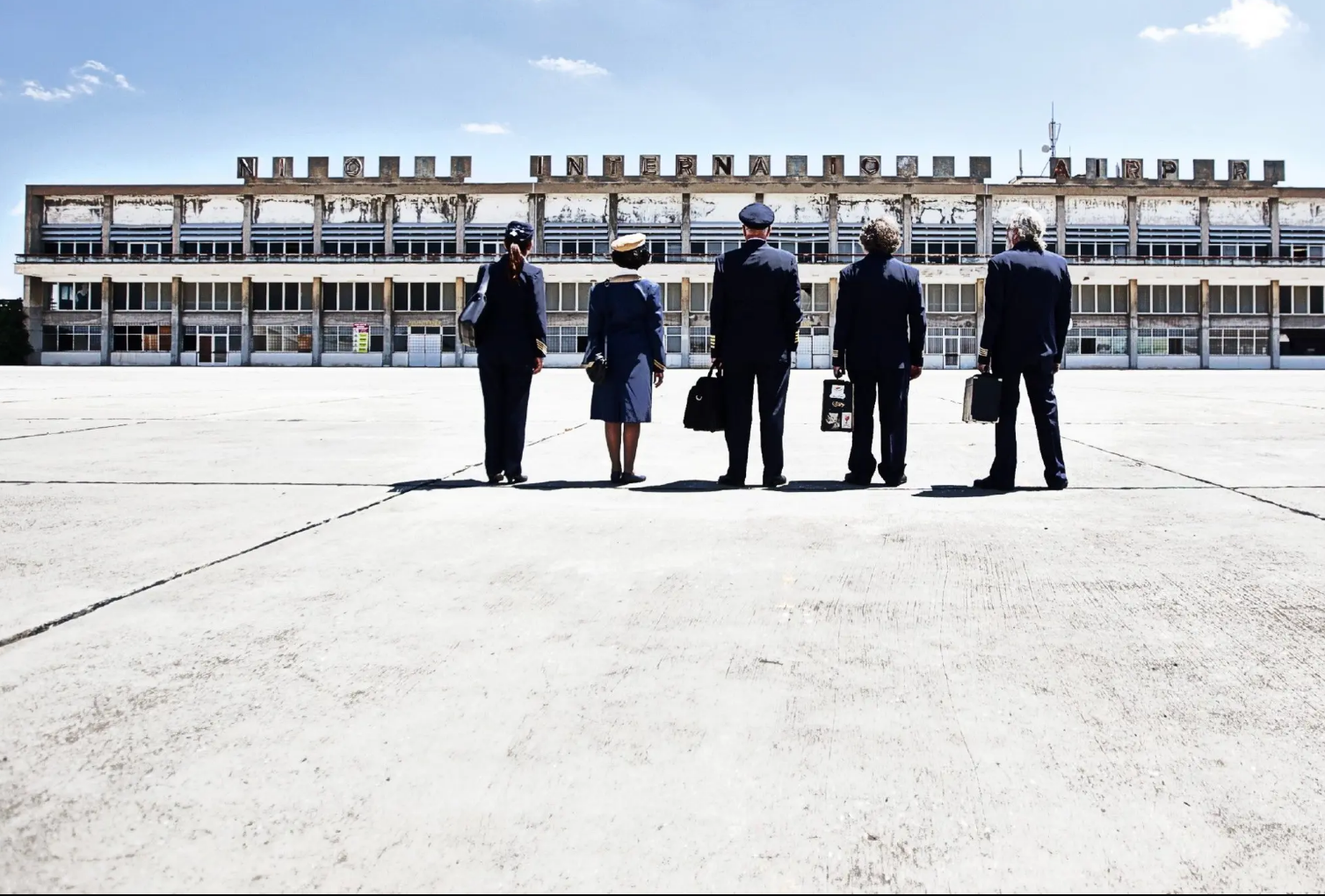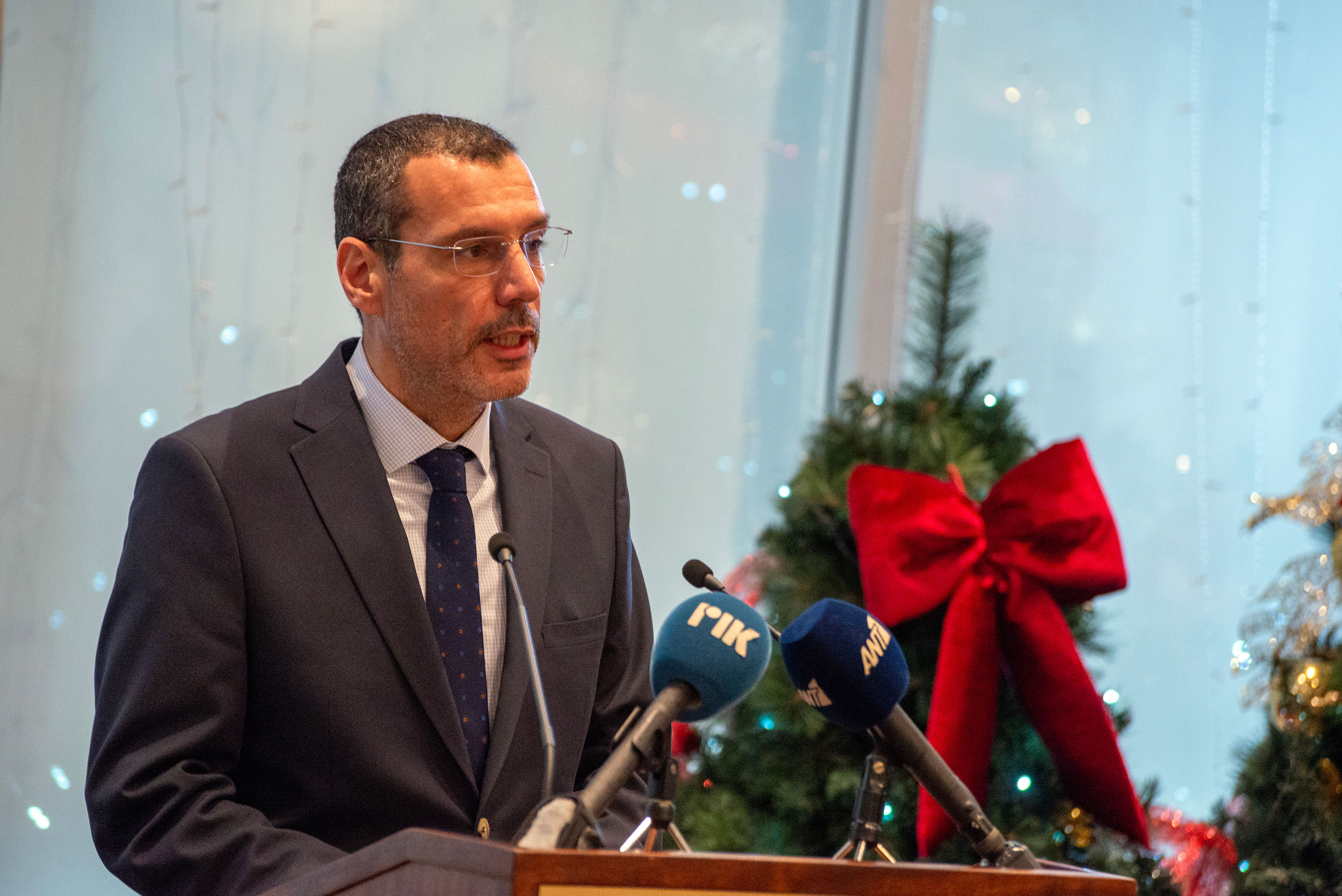The auditor general’s habit of reporting the government to different international bodies whenever his missives are ignored has become something of a running joke. When his demands are not satisfied by the government or his opinion on an issue is ignored he feels duty-bound to report the government abroad because he cannot tolerate the idea that his word is not treated as gospel. These reports seem to be more a case of a personal power trip than any desire to address an irregularity.
Last week, for example, Odysseas Michaelides announced that he had reported the government to the International Organisation of Supreme Audit Institutions (Intosai) because of the defence ministry’s refusal to provide him with a list of the names of national guard conscripts who were serving at the ministry or military headquarters allegedly making coffees and going home at lunchtime. He wanted the names to prove allegations he made a couple of months earlier that sons of state officials were being placed in offices when doing army service.
Told that he had no authority to ask for such lists, he came up with the implausible argument that this arrangement was not the most effective and productive way of using taxpayers’ money. The same could be said about half the jobs in the civil service, but the audit office has never said anything about them. He reported the defence ministry to Intosai for allegedly undermining the independence of the audit office just to prove that, as always, he was in the right.
In another dispute, over the finance ministry’s decision to buy consultancy services from two audit firms without inviting tenders, Michaelides reported the government to the European Commission. His main objection was that the ministry based its decision on the advice of the attorney-general, the state’s legal advisor, rather than on the audit office. On Monday, the auditor general gloated that the direct awarding of the contracts was “unlawful,” a claim the attorney general dismissed as misleading, and the EC showed “complete vindication of the positions of the audit office.”
In short, Michaelides reported the country to the Commission on a procedural issue for no other reason than to prove that he was right. The total amount paid by the ministry to the two firms was a little under €300,000 and there was no suspicion of irregular dealings. The ministry did not follow a tenders’ procedure because it was in a rush to complete negotiations on the renewal of the airports concession and needed the assistance of the consultancy firms. It was not as if millions of euro had been wasted or stolen. If there was a tenders procedure, which would have delayed the renewal of the concession by a year or two, the state may have saved €10,000.
Michaelides wasted more than this amount on his dogged pursuit of the finance ministry and making a case against the government at the EU that ended in his so-called vindication. Is this an effective and productive way of spending the taxpayers’ money?







Click here to change your cookie preferences